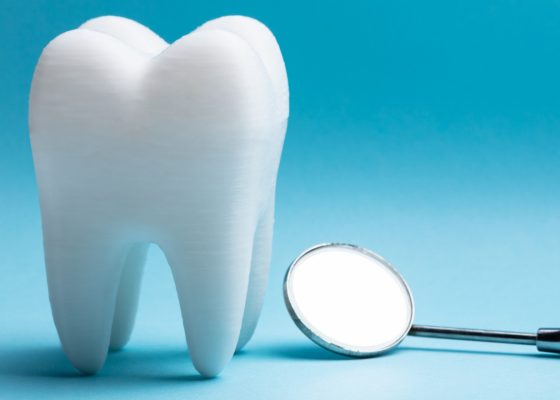Medicare has been voted the world’s best healthcare system. Imagine how good it would be if we spent enough money on it.
We spend a lot of time bitching about Australia’s healthcare system. Every now and then it’s good to step back and see what the rest of the world thinks of it.
Turns out, the rest of the world thinks we’re on a pretty good wicket.
Yesterday the Commonwealth Fund released its latest report comparing the performance of health systems on 10 countries — Australia, Canada, France, Germany, the Netherlands, New Zealand, Sweden, Switzerland, the United Kingdom, and the United States.
If I were a betting human I’d have put a quiet guilder on the Netherlands to come out on top. I should have had more faith.
The report looked at five key domains of health system performance: access to care, care process, administrative efficiency, equity, and health outcomes.
As reported by my colleague Holly Payne over at The Medical Republic, Australia came out on top for both equity and health outcomes, second place for administrative efficiency, fifth for care process and ninth for access to care.
We were named number one overall, followed by the Netherlands in second and the UK in third.
This victory came despite the fact that Australia’s spend on healthcare as a percentage of GDP was the lowest of the 10 countries, at just 9.8%.
Imagine how good would it be if we actually spent enough money on it!
Given the Netherlands came in second overall despite spending just 10.1% of its GDP (the second lowest) on health, perhaps you could argue that it’s not the size of the spend but the efficiency of the spend that matters.
The US, after all, spends 16.5% of its GDP on health – the highest of the 10 countries – and came in dead last overall, and last in both access to care and, infamously, health outcomes.
Federal health minister Mark Butler rattled the sabre, somewhat predictably, on seeing the Commonwealth Fund’s report.
“While Australians have for years found it hard to find a bulk-billing doctor thanks to Peter Dutton’s freeze of the Medicare rebate, the report highlights the Albanese Labor Government’s investments in Medicare through the tripling of the bulk-billing incentive as a recent improvement to affordability,” said Mr Butler.
“Our government’s investment in Medicare has meant more than 4 million additional bulk-billed visits to the GP since 1 November last year.
“In its 40th year, Australians should all be proud that we have a Medicare system that provides universal care to all Australians, no matter your means.
“There is still so much work to do. Australians rightly deserve a world-class health system.
“It is going to take time to repair the damage of a decade of Liberal cuts and neglect to Medicare.
“It’s only an Albanese Labor Government that will protect and strengthen Medicare.”
Leave it to a politician to blame his predecessor and blow his own trumpet, but then we expect nothing less. And to be fair, the report does indeed single out the tripled incentive for special mention.
“Affordability is also a noted problem, although new billing incentives have led to improvement in recent years,” its said.
Australia’s biggest problem remains access to care, and the Commonwealth Fund’s report highlighted that.
“Australia, the top performer overall in this report, faired quite poorly when it came to access to care,” it said.
“Roughly half of Australian patients who do not choose to purchase voluntary health insurance may have to wait longer to receive services.”
The bottom line is, in the end, the rest of the world can laud our healthcare system as much as it likes, there is still room for improvement and each incremental step forward means a saving of lives and money.
Not quite beer o’clock, then.
You can read the full report here.


